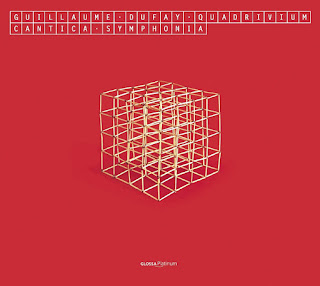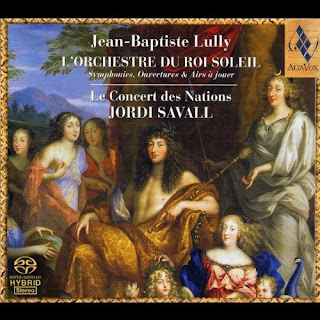Rating: 5/5
Review:
More excellent Bach from Herreweghe
I love this disc of Bach's six motets. I already have a number of well-loved
versions, but I think these are probably my favourites.
The motets themselves are varied and rich works, in
continual performance at Leipzig
while Bach was there (and since), and Philippe Herreweghe has based these
performances on his research into performance practice there, to go alongside
his two excellent discs of Leipzig Cantatas.
The result is a sometimes thrilling, sometimes deeply moving set of
interpretations with simply beautiful sound throughout.
The opening of Singet dem Herrn, for example, has all Bach's
most exultant joy with superb singing and radiant brass, while Komm, Jesu, Komm
opens with a lovely, moving sense of yearning while preserving Bach's essential
pulse. Every motet is given an appropriate,
thoughtful treatment. Herreweghe often
produces quite a mellow sound and that is especially effective here; it's
perhaps gentler in feel than Gardiner or Koopman and not as hauntingly plangent
as The Hilliard Ensemble, and it has an overall feel which I think fits these
works perfectly. Both choir and
instrumentalists are simply excellent, and they do these fine works proud.
The recorded sound is excellent and the presentation very
attractive, making this a very good disc all round. It's a real gem, I think, and warmly
recommended.




































